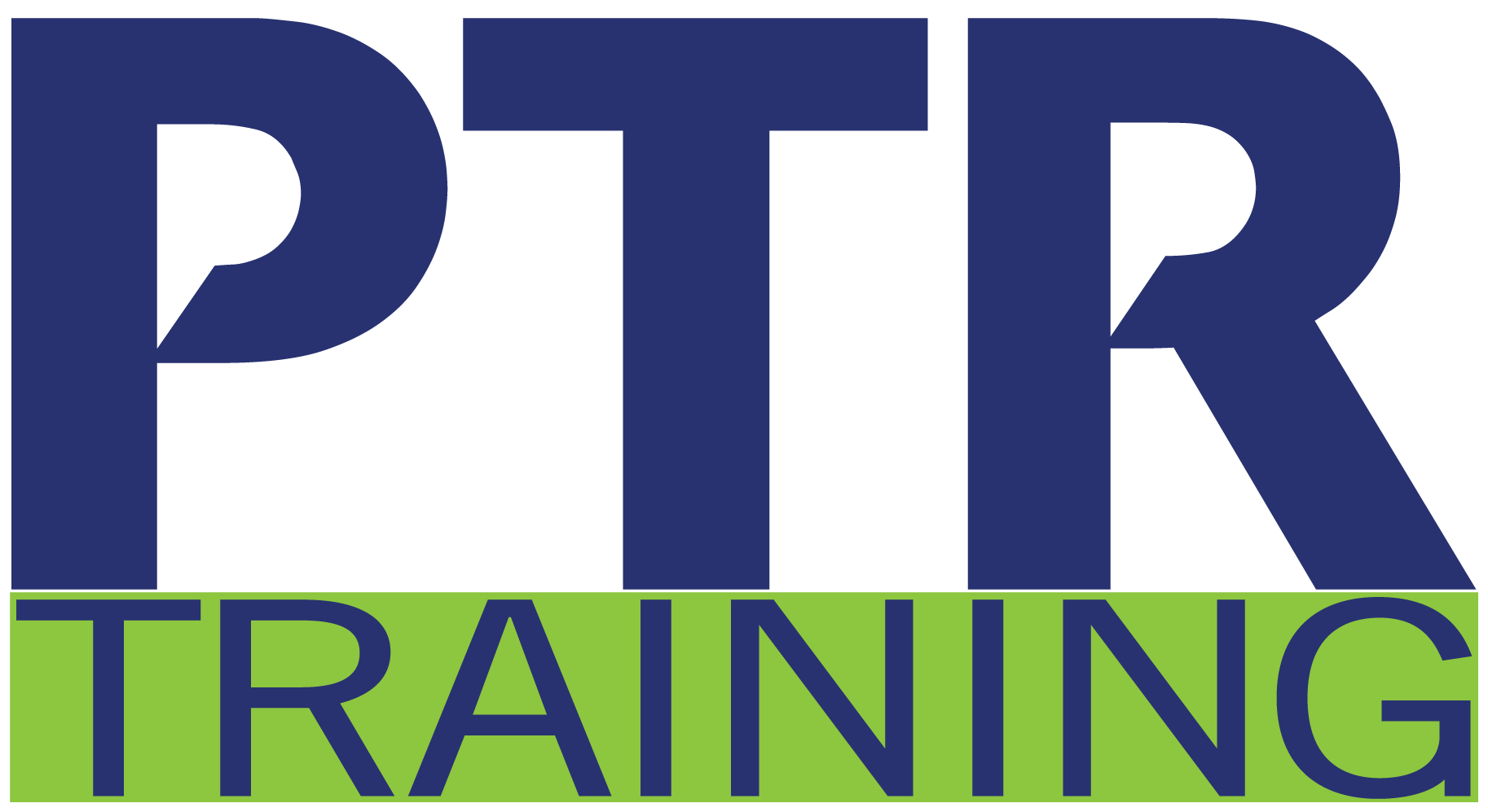Self-awareness is developing an understanding of your emotions and feelings. We will help you identify ways of recognizing and improving each through various cognitive and learning styles. You will learn how to improve self-control, reduce procrastination, develop mood management, self-examine perceived opinions from others, and improve business relationships.
Learning Objectives »
- Define Self and the importance of self-awareness.
- Examine what it means to be self-aware.
- Cultivate different types of self-awareness.
- Discuss the limitations of self-awareness.
- Improve perceptions of yourself and build better relationships.
Course Agenda
Understanding Self-Awareness
- What is the Self?
- Internal Self-Awareness
- External Self-Awareness
- Examining Our Different Selves
Physical Self-Awareness
- Scanning
- Physical Stressors
- Time Management and Organization
- Goal Management and Priorities
- Procrastination
Emotional Self-Awareness
- Validity of Emotions
- Utility of Emotions
- Arousal and Valence
- Mood Management
- Emotional Intelligence
- Increasing and Decreasing Arousal
- Managing Your Emotions
- Defusing Negative Emotions
- Psychological Safety
- Workplace Bullying
Psychological Self-Awareness
- Thinking, Learning, Personality Styles
- Distorted Thinking
- Interpersonal Awareness
- Addressing Different Styles
- Active Listening and Body Language
- Transactional Analysis
Spiritual Self-Awareness
- Mindfulness
- Meditation
- Cultivating Positivity
- Gratitude
Limitations of Self-Awareness
- Navel Gazing
- Dangers of Excessive Self-Discipline
- Humility and Empathy
Independence vs. Interdependence
- What is Interdependence?
- Systems Theory
- More than the ‘Sum of Its Parts'





